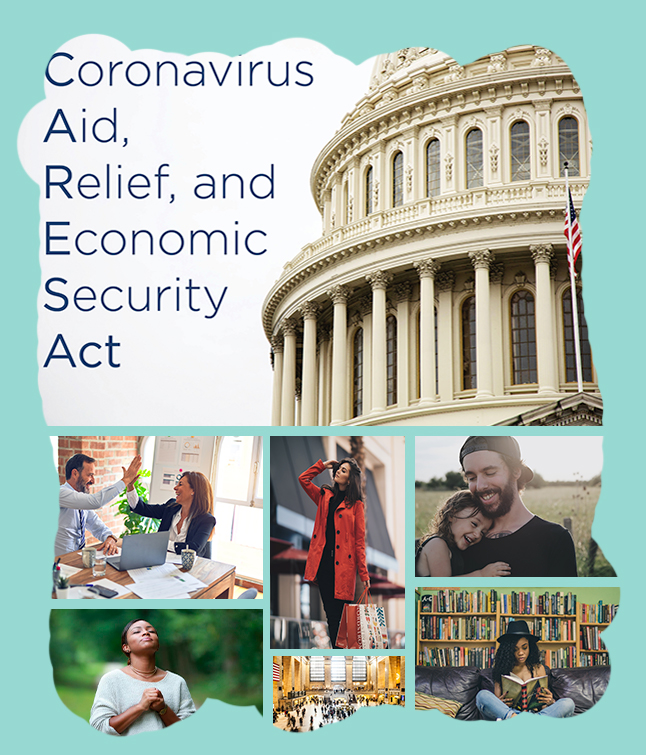Author: Edeh Kelechi
The Coronavirus Aid, Relief, and Economic Safety (CARES) Act, which went into effect in March 2020, assisted in reducing the financial impact of the global COVID-19 pandemic.
This stimulus bill provided financial assistance to every American impacted by the pandemic. However, the federal government revised the CARES Act this year, making changes that may affect your eligibility for federal assistance. Among them are the following:
-
Pandemic Self-Employment Aid
When the CARES act launched in 2020, it provided financial assistance to people who lost or couldn’t work because of the pandemic, including self-employed Americans. Programs like the Self Employed Assistance (SEA) and Pandemic Unemployment Assistance (PUA) were available to support self-employed people.
While self-employed people usually don’t qualify for unemployment benefits when their businesses take a hit, the government decided to make some changes because of the pandemic’s unique situation. However, the PUA program expired last year, meaning that the support for self-employed people has practically diminished. As a result, self-employed people will no longer be eligible for financial assistance under the CARES act in 2022.
-
Federal Aid for Students
While many of the CARES act programs have ended this year, one that is still active is the student support program. Along with a hiatus on student loan forgiveness until August 31, 2022. Tuition reimbursements and credits, emergency funding, and attendance flexibility are still available to students.
However, the eligibility for these programs depends on your school, as they are in charge of deciding who will receive the emergency grants. You can find more information by visiting your school’s financial aid office to see if you are eligible.
Although colleges and universities are not permitted to modify federal benefits, they may do so if under extraordinary circumstances.
Additionally, students may qualify for the expanded Supplemental Nutrition Assistance Program (SNAP). The Consolidation Appropriation Act, 2021, temporarily expanded the SNAP eligibility to include students who either:
- Qualify to participate in a state-funded or federal work-study program (FWS); or
- Have an expected family contribution (EFC) of zero in the current school year.
As a student, you must also satisfy the following requirements to qualify for SNAP benefits:
- You must be attending an institution of higher learning (college, university, or technical school)
- You are not eligible for SNAP benefits if you attend an institution for more than half-time, which your school will determine; unless you meet one of the criteria listed above.
-
Recovery Rebate Credit
If you did not receive any stimulus payments or received less than you expected, you don’t have to worry, you can get what is due with the help of Recovery Rebate Credit. If you fall into this category, you can submit a claim for a recovery rebate credit on your federal tax returns for 2020 or 2021.
Conclusion
The CARES Act provided relief for many Americans during the pandemic. While several CARES Act programs like financial assistance for self-employed are no longer running, some are now updated. They include Student loans, SNAP benefits, and other federal aid. Furthermore, people who didn’t receive a stimulus check payment can file to receive theirs.

